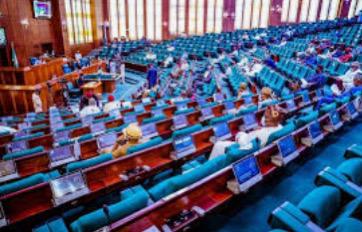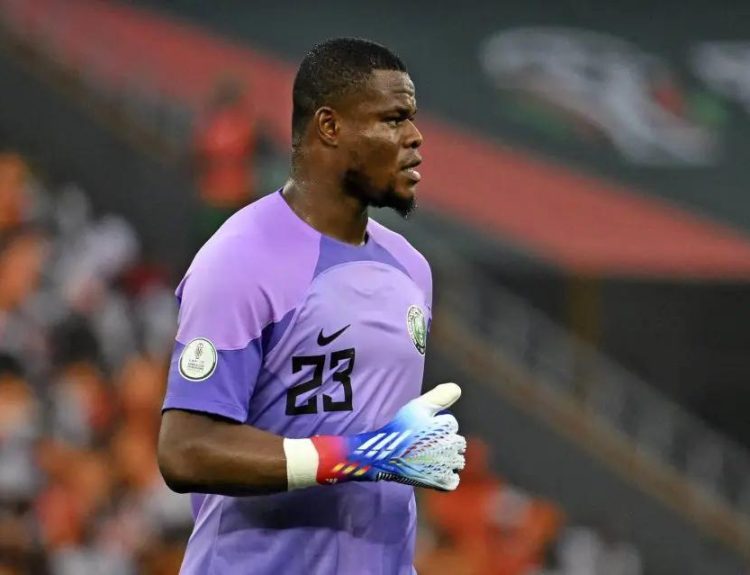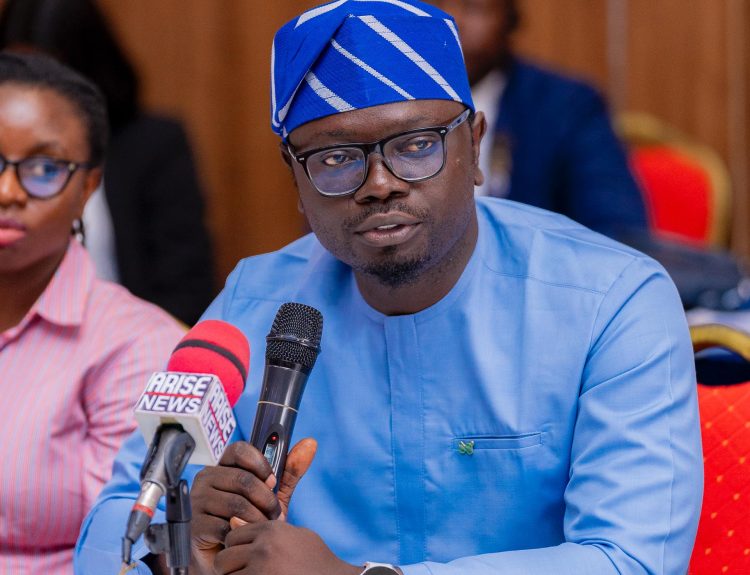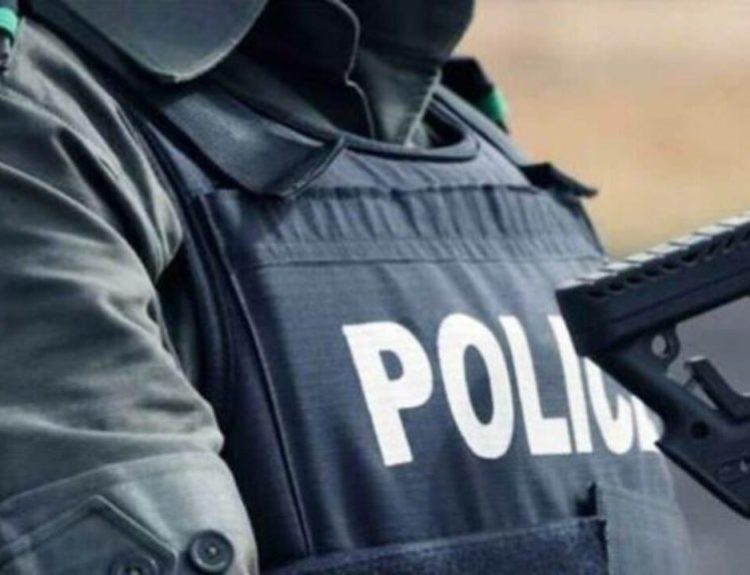Security experts across Nigeria are sharply divided over the proposed creation of state police, as the House of Representatives Committee on Constitution Review prepares to host a high-level legislative dialogue focused on the bill.
The Deputy Speaker, Benjamin Kalu, who also chairs the committee, announced plans to engage top security stakeholders during the dialogue scheduled for Monday, June 16. The event, organized in collaboration with the Office of the National Security Adviser, DSS, Chief of Defence Staff, and the Nigeria Police Force, aims to evaluate whether a decentralized police system can curb the nation’s persistent security crises.
Retired Commissioner of Police Lawrence Alobi expressed cautious optimism, describing the initiative as “a good idea” but warned that its success hinges on adequate funding. Recalling a similar experiment during the Babangida era, Alobi noted that many states may lack the financial capacity to sustain their own police forces.
“Without a National Security Fund managed by professionals, not politicians, the system may fail before it even begins,” Alobi cautioned, urging President Bola Tinubu not to rely solely on governors for funding.
Alobi also highlighted the need for clear operational boundaries between federal and state police to avoid conflict and duplication of roles.
In contrast, retired army officer Major Mike Kebonkwu welcomed the initiative as long overdue, arguing that locally stationed officers would be better equipped to handle security threats in their communities due to their familiarity with terrain and language.
“State police is essential, but it won’t solve the problem unless the government also prosecutes the sponsors of violence, no matter how influential they are,” Kebonkwu stated.
However, skepticism remains. A retired military officer who spoke anonymously dismissed the summit as “another round of empty noise,” expressing frustration over repeated security dialogues under the Tinubu administration with little tangible results.
“State police is not a silver bullet. If the system is overwhelmed, the government should seek international help,” he said.
Despite the differing views, the Constitution Review Committee has reiterated its commitment to completing the amendment process by December 2025. It has also promised to build a legal framework that ensures state police structures are not manipulated by political actors.














